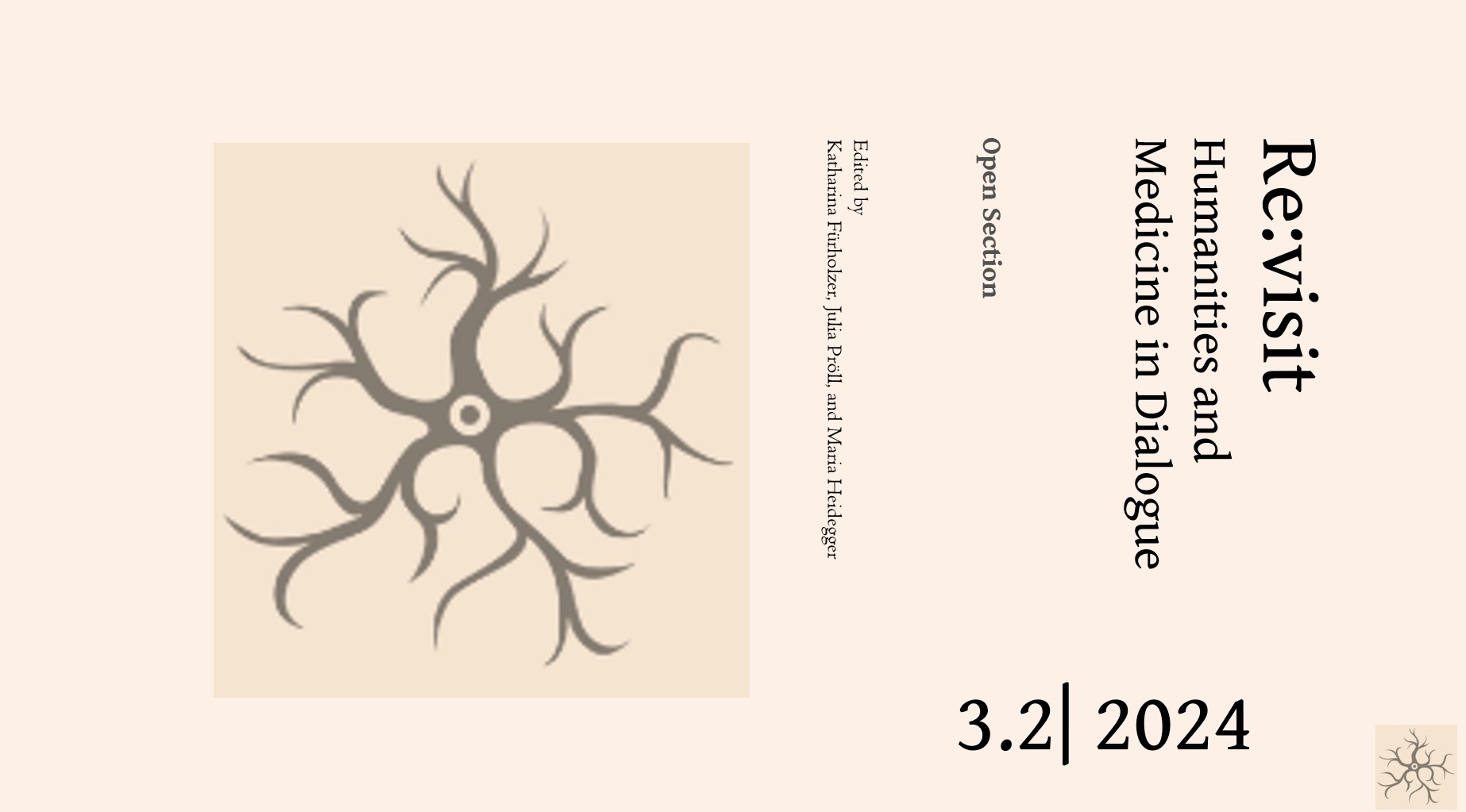Understanding Psychiatric Care in the FRG and GDR
A Case for a Mixed-Methods Approach
DOI:
https://doi.org/10.57974/Re:visit_2024_3.2_4Keywords:
Psychiatry, Soziology, History of Medicine, Germany, East, Germany, WestAbstract
Against the backdrop of far-reaching societal change in the 1960s-1980s, reforms in psychiatry took place in both the FRG and GDR. The process was more pervasive in the FRG, more partial and local in the GDR. There is consensus regarding the existence of interactions between the social systems of society and psychiatry, with a clear impact of scientific, cultural and societal developments on the theory and practice of psychiatry. The nature of German cross-border interactions between society and psychiatry has received little attention. It is not clear whether and how contemporary witness narratives (from the fields of psychiatry and wider society) differ across the inter-German border and what role German-German interactions play in either context. This manuscript argues for an interdisciplinary approach: Qualitative content analysis of witness interviews with people from the fields of psychiatry and (non-psychiatric) society uses oral history methods with the potential to identify emotion-historical aspects. The use of discourse analysis and discourse theory in dealing with oral history transcripts could detect and contextualize power effects and narrative themes. The interdisciplinary use of sociological and historiographical methods aims to strengthen German-German psychiatric history research.
Downloads
Published
Issue
Section
License
Copyright (c) 2024 Georg Bornemann, Thomas Becker, Holger Steinberg, Robert Feustel, Heiner Fangerau, Sven Speerforck, Felicitas Söhner

This work is licensed under a Creative Commons Attribution 4.0 International License.






